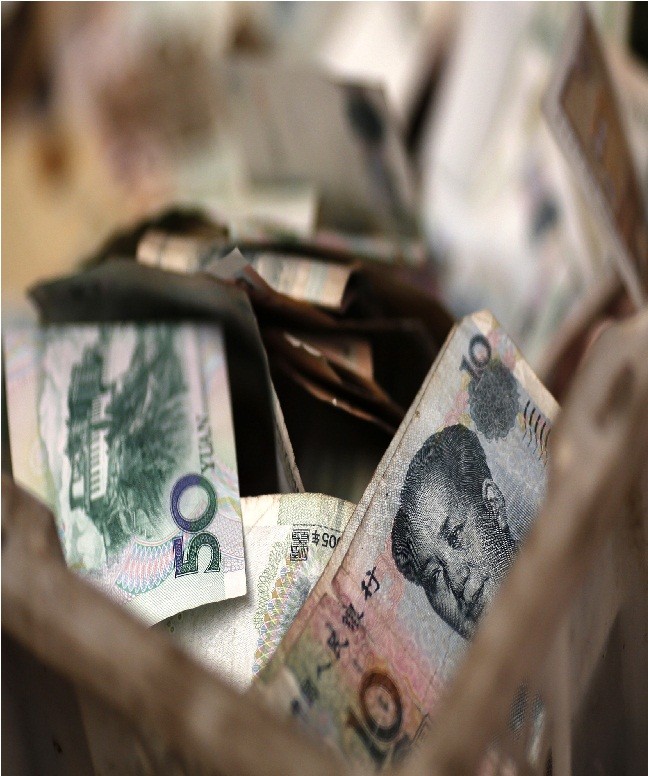With the recent depreciation of renminbi (RMB), the online sales performance of foreign items sold in China is also now being affected, according to a Beijing Daily report.
From Aug. 7-27, the currency's value against the dollar has dropped from 6.1174 to 6.4085. This means that a product priced at $100 that could have been bought for 611.74 yuan can now be purchased at 640.85 yuan.
Three days after China's central bank altered the way it computed its reference rate on Aug. 11, the Chinese currency has already lost 4.66 percent. The figure was a four-year low for the renminbi.
Nonetheless, the currency's depreciation could help boost China's dwindling export growth. But apart from making Chinese items cheaper abroad, it will equally make foreign items costlier in the country.
The e-commerce sector is no exception to this. For example, a can of an imported infant milk powder sold online is currently available at 387 yuan, higher from last month's 327 yuan.
Moreover, many overseas e-commerce sites and those reselling foreign items have recently adjusted the price list of their imported goods as a reaction to the devaluation.
For analysts, the renminbi devaluation will have a negative impact on Chinese imports overall.
The report said that the demand for certain products, like milk from New Zealand, is predicted to decline.
On a lighter note, the recent depreciation has helped boost the sales performance of many luxury brands in China because of a narrowing price gap between the same goods sold at home and abroad, the report added.



























